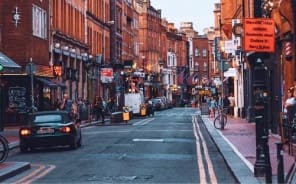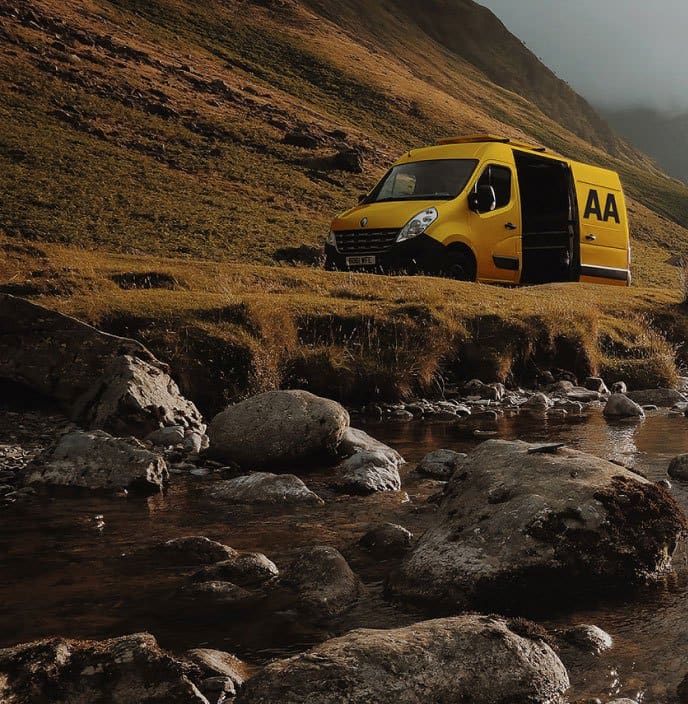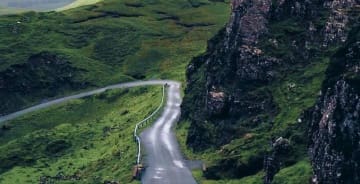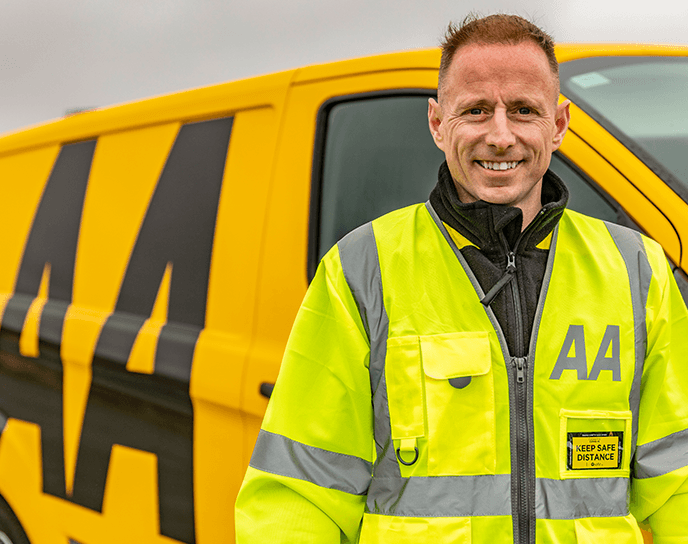Touring tips
Drinking and driving: If the level of alcohol in the bloodstream is 0.05 per cent or more (0.02% for bus/coach drivers), severe penalties which can be imposed include fines, imprisonment and / or confiscation of the driving license.
Saliva drug tests will be used to detect drivers under the influence of drugs which result in the imposition of severe penalties as above.
Driving license: The minimum age at which an Irish license holder may drive a temporarily imported car is 18, motorcycle (up to 80cc) 16, motorcycle (over 80cc) 18.
Fines: On-the-spot fines or ‘deposits’ are severe. An official receipt should be issued. Vehicles parking contrary to regulations may be towed away and impounded.
Fuel: Unleaded petrol (95 & 98 octane), diesel (Gazole) and LPG available. No leaded petrol (lead replacement petrol “Super carburant” available or lead substitute additive). Petrol in a can is permitted but forbidden by ferry operators.
A new type of fuel, the SP95-E10 (Sans Plomb 95 Octane, Ethanol 10% = Lead Free 95 Octane containing 10% of Ethanol) is now being sold throughout France. This fuel is not suitable for use in all cars and you should check compatibility with your vehicle manufacturer before using it. If in doubt use the standard SP95 or SP98 Octane unleaded fuel which continues to be available alongside the new fuel.
Credit cards are accepted at most filling stations; check with your card issuer for usage in France & Monaco before travel. There are many automatic petrol pumps operated by credit / debit card however, cards issued in Ireland are not always accepted by these pumps.
Lights: Dipped headlights must be used in poor daytime visibility. It is highly recommended by the French Government that 4+-wheeled vehicles use dipped headlights day and night (already compulsory for motorcycles).
Motorcycles: Use of dipped headlights during the day is compulsory. The wearing of crash helmets is compulsory for both driver and passenger of any two-wheel motorized vehicle.
Motor Insurance: Third-party compulsory.
Passengers/Children in cars: Children under the age of 10 are not permitted to travel on the front seats of vehicles, unless there are no rear seats or the rear seats are already occupied with children under 10 or there are no seat belts. In these circumstances a child must not be placed in the front seats with their back to the road if the vehicle is fitted with a passenger airbag, unless it is deactivated. They must travel in an approved child seat or restraint adapted to their size.
A baby up to 13kg must be carried in a rear facing baby seat.
A child between 9 and 18kg must be seated in a child seat and a child from 15kg up to 10 years can use a booster seat with a seat belt or a harness.
It is the driver’s responsibility to ensure all passengers under 18 are appropriately restrained.
Seat belts: Compulsory for front/rear seat occupants to wear seat belts, if fitted.
Speed limits: Speed limits are fixed according to the place, the vehicle and the weather. Standard legal limits which may be varied by signs, for private vehicles without trailers are: 50 km/h, in built-up areas outside built-up areas 90 km/h, but 110 km/h on urban motorways and dual carriageways separated by a central reservation and 130 km/h on motorways.
Lower speed limits of 80 km/h outside built-up areas, 100 km/h on dual carriageways and 110 km/h on motorways apply in wet weather and to visiting motorists who have held a driving license for less than two years. Additionally, speed limits are reduced on stretches of motorways in built up areas. The minimum speed limit on motorways 80km/h.
Note: Holders of EU driving licenses exceeding the speed limit by more than 40 km/h will have their licenses confiscated on the spot by the police.
Compulsory equipment in France and Monaco
-
Warning triangle – excludes motorcycles
-
Snow chains – must be fitted to vehicles using snow-covered roads in compliance with the relevant road sign. The maximum speed limit is 50km/h.
-
Reflective jackets (EN471) – one reflective jacket in the vehicle. This does not apply to drivers of two-wheeled and three-wheeled vehicles.
Other rules/requirements in France and Monaco
It is recommended that visitors equip their vehicle with a set of replacement bulbs.
Snow tyres marked M&S are recommended on roads covered with ice or snow. The minimum tread depth is 3.5mm.
In built-up areas give way to traffic coming from the right “priorité a droite”.
At signed roundabouts bearing the words “Vous n’avez pas la priorité” or “Cédez le passage” traffic on the roundabout has priority; where no such sign exists traffic entering the roundabout has priority.
Overtaking stationary trams is prohibited when passengers are boarding / alighting.
Parking discs for ‘blue zone’ parking areas can be obtained from police stations, tourist offices and some shops.
In built up areas the use of the horn is prohibited except in cases of immediate danger.
Apparatus with a screen which can distract a driver (such as television, video, DVD equipment) should be positioned in places where the driver is unable to see them. This excludes GPS systems. It is prohibited to touch or program the device unless parked in a safe place.
It is absolutely prohibited to carry, transport or use radar detectors. Failure to comply with this regulation involves a fine of up to 1500 Euros and the vehicle and/or device may be confiscated.




